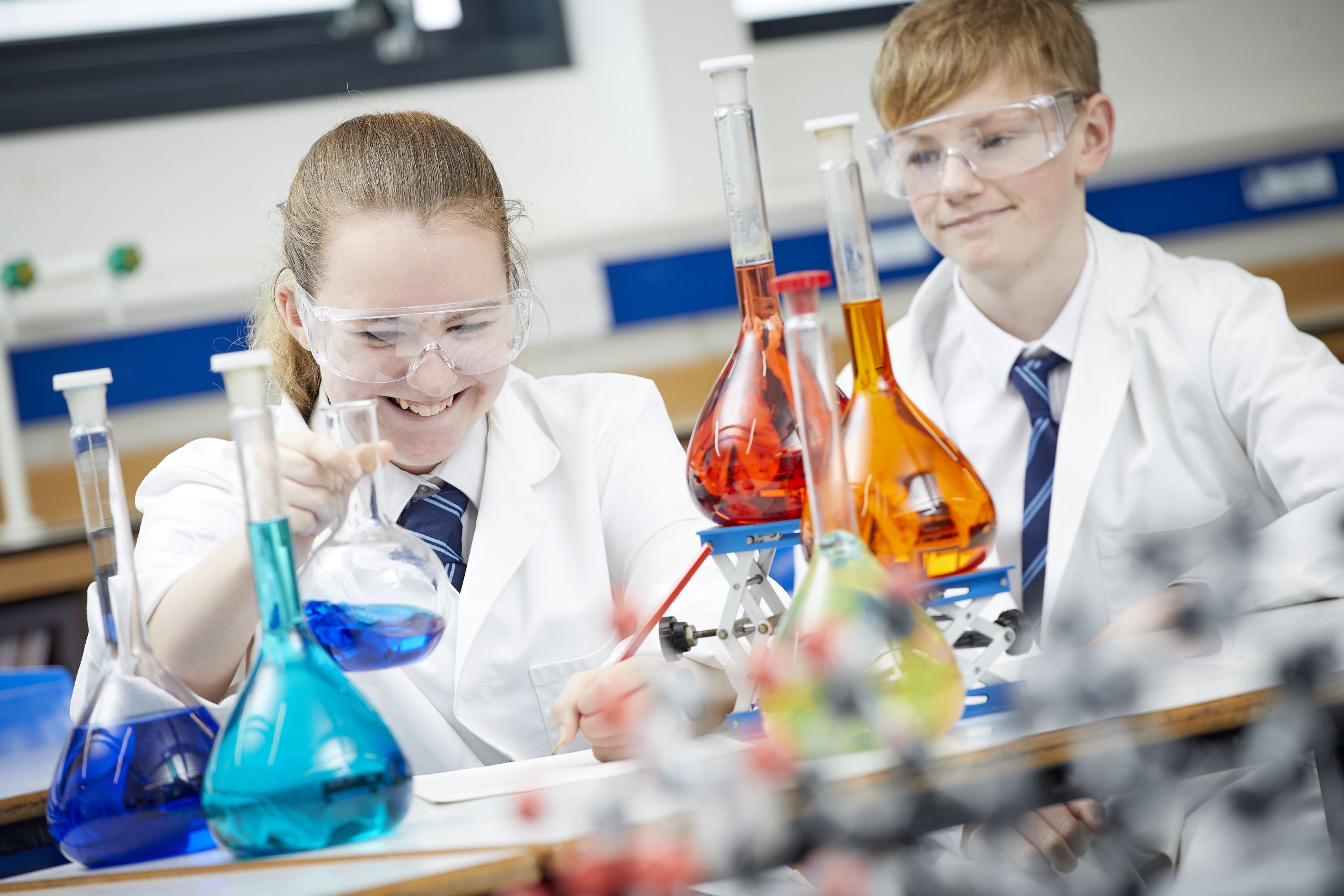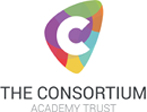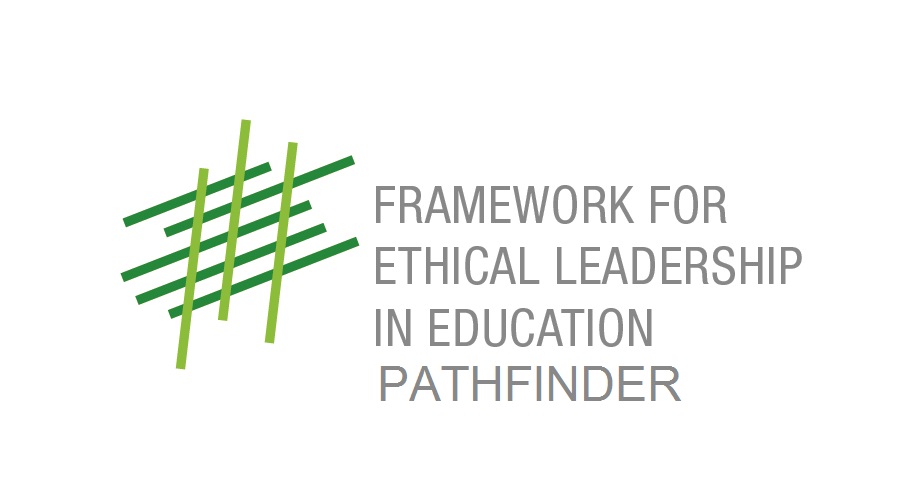Music
| Music | |
|---|---|
| Year 7 | The overall aim in Year 7 is for learners to experience music in as many different ways as possible through performing, composing and listening. The idea of focussing on the voice initially is to show learners that they all have their own instrument and can get enjoyment from using their voice and expressing themselves. The ukulele and keyboard skills topics are all differentiated to different ability levels. Learners will experience different ways to create music, develop musicianship skills and have the opportunity to work as an ensemble. |
| Year 8 | In Year 8 the topics aim to build on the skills introduced in Year 7. Learners will experience different genres of music through performance, composition and listening. Learners will be encouraged to be more independent and resilient in their keyboard skills, creative and aspirational when composing using music software and demonstrating collaboration and leadership skills through class samba. |
| Year 9 | In Year 9 the topics aim to build on previous skills whilst preparing learners for the GCSE music course. Learners will explore the genre ‘Reggae’ and be creative with musical ideas whilst developing their use of the music software ‘Sibelius’. Learners will develop an understanding of chords, structure, instrumentation and melody writing through the ‘Band Skills’ and ‘Songwriting’ topics. Learners will play and perform confidently using ukuleles, guitars, Bass Guitar, Percussion instruments, their voices and keyboards in a range of solo and ensemble contexts mastering the art of technique, developing fluency, accuracy and expression. |
| Year 10 |
Learners will analyse the set works and explore a variety of genres and styles. Appraising gives students the opportunity to reflect on, analyse and evaluate music in aural and/or written form. To achieve these objectives students need to use their knowledge and understanding of musical elements, musical contexts and musical language to make critical judgments about the repertoire and context of music within the areas of study. These areas of study also provide opportunities for students to demonstrate their contextual understanding of music when performing and composing. Through performance, learners will develop creative thinking, aesthetic sensitivity, critical awareness, self-confidence, self-motivation and their own musical interests and skills. This includes the ability to make music individually and in groups, and perform with control, using phrasing and dynamics appropriate to their chosen styles and moods of music. Learners will be introduced to the technical and creative skills required by a composer. Learners will be encouraged to explore a range of compositional starting points and investigate a range of elements, techniques and resources for developing and manipulating ideas – and turning them into completed pieces of music. Learners can also explore the skills needed to compose music for different instrumental and/or vocal forces. |
| Year 11 |
Learners perform for at least four minutes’ combined duration. Learners will submit one solo performance: this must be of at least one minute in duration, and may comprise one or more pieces and one ensemble performance: this must be of at least one minute in duration, and may comprise one or more pieces. Learners will compose two compositions, of at least three minutes’ combined duration. One composition to a brief set by the exam board, of at least one minute in duration and a free composition set by the learner, of at least one minute in duration. Learners will complete one exam at the end of the year which comprises of six questions related to six of the eight set works, one short melody/rhythm completion exercise, one question on an unfamiliar piece and one question that asks students to compare and/or evaluate the musical elements, musical contexts and musical language of one set work with one unfamiliar piece of music. |
| Year 12 | Learners develop skills in the three distinct but related disciplines of performing, composing and appraising, whilst having flexibility to specialise in either performing or composing. Learners may choose to apportion 10% of their assessment to either performing or composing as an in-depth study. Learners will engage with both classical and popular music. All learners will study the development of the symphony, engaging with landmark orchestral repertoire, which is important in developing knowledge and understanding of musical elements and language in context. Learners will use the musical language of this period to compose one piece of music to a brief. Learners will also choose one area of study from Pop and Rock, Musical Theatre and Jazz and one further area of study exploring the musical language and styles from either the early twentieth century or the late twentieth and early twenty-first centuries. |
| Year 13 |
Learners prepare for the listening exam. The exam requires a detailed study of one symphony and general study of another, within the social, historical and cultural context, analysis of music into the Twentieth Century 1895 – 1935 and Rock and Pop 1960-2000. The style of the questions vary including set work analysis with a score, extended responses on wider context, unprepared extracts of music with and without a score, comparison questions, melodic dictations and chord/cadence recognition. Learners choose whether to focus on composition or performance. The weighting is split 35% to 25% in favour of the learner’s preference. Performance is either 10-12 minutes (Minimum of 3 pieces) or 6-8 minutes (Minimum of 2 pieces). One piece must reflect the musical characteristics of one area of study. Composing is 8-10 minutes (3 compositions) or 4-6 minutes (2 compositions). In Year 13, learners compose a piece of music to a brief set by the exam board. |




